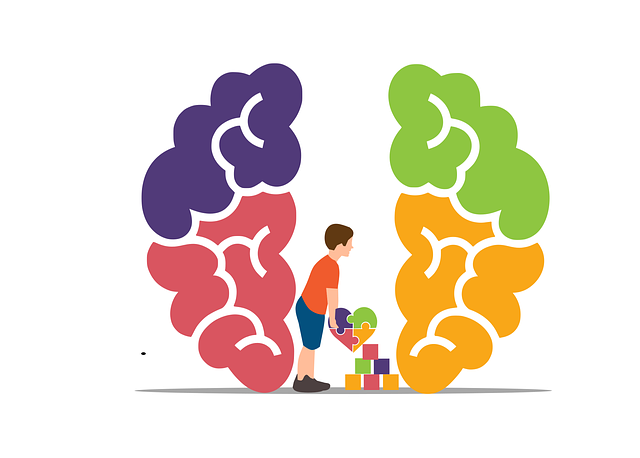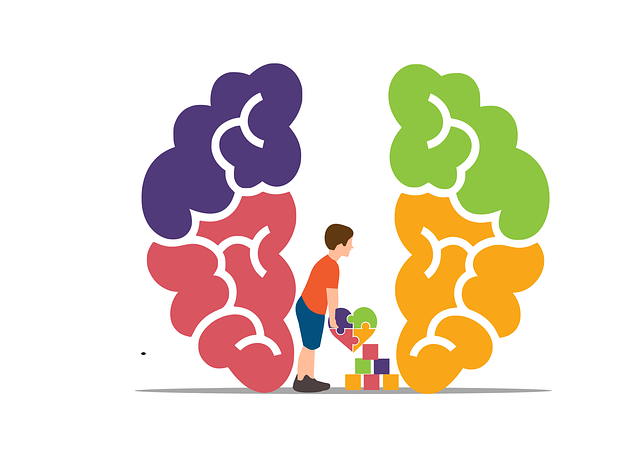The Lakewood Mental Health Evaluations offer a holistic approach to mental well-being, combining self-reflection, personal reporting, and open dialogue to identify issues early and promote positive coping. In a fast-paced world, these personalized evaluations are essential, especially as traditional methods struggle with individual complexities. Through community outreach and risk management, coupled with tools like journaling exercises, these evaluations empower individuals to take control of their mental health. Tailored questionnaires, culturally competent questions, and integrated therapy mechanisms ensure sensitive and effective services. Continuous improvement based on user feedback is crucial for enhancing experiences and promoting positive emotional healing outcomes, aligning with mental health policy goals.
Mental wellness self-assessments play a crucial role in personal growth and managing mental health. This article explores the development of effective tools, focusing on the Lakewood approach, which emphasizes personalized evaluations. We delve into identifying the need for tailored assessments, designing user-friendly questionnaires, integrating therapy elements, and enhancing feedback mechanisms. By combining these strategies, we aim to improve mental health support through innovative self-assessment tools that facilitate better patient outcomes and engagement in therapy.
- Understanding Mental Wellness Self-Assessments: The Lakewood Approach
- Identifying the Need for Personalized Evaluation Tools
- Designing Effective Self-Assessment Questionnaires
- Integrating Therapy and Feedback Mechanisms
- Continuous Improvement and User Experience Enhancement
Understanding Mental Wellness Self-Assessments: The Lakewood Approach

Mental wellness self-assessments are powerful tools that empower individuals to take charge of their mental health and well-being. The Lakewood approach to mental health evaluations emphasizes a holistic understanding of an individual’s emotional, psychological, and social factors. This method goes beyond traditional symptom checking by incorporating personal reflection and self-reporting techniques, offering a more nuanced perspective on one’s mental wellness.
By utilizing communication strategies and conflict resolution techniques, the Lakewood model facilitates open dialogue between individuals and their support systems. These conversations can help identify potential issues early on, promote positive coping mechanisms, and enhance overall mental health awareness. Through this collaborative process, individuals gain valuable insights into their emotional landscape, enabling them to navigate life’s challenges with greater resilience and clarity.
Identifying the Need for Personalized Evaluation Tools

In today’s fast-paced world, mental wellness is a paramount concern, leading to a growing demand for personalized evaluation tools that cater to individual needs. Traditional assessment methods often fall short in capturing the nuanced complexities of an individual’s mental health journey. This gap highlights the pressing need for innovative solutions like tailored therapy and Lakewood Mental Health Evaluations, which promise more effective support.
The implementation of a Community Outreach Program can augment these efforts by providing accessible resources to diverse populations. Additionally, integrating Risk Management Planning for Mental Health Professionals ensures safe and responsible practice. Even simple practices like Mental Wellness Journaling Exercises guided by professionals offer valuable insights, empowering individuals to take charge of their mental health.
Designing Effective Self-Assessment Questionnaires

Effective self-assessment questionnaires are instrumental in mental health evaluations, serving as a gateway to personalized therapy in Lakewood. These tools should be meticulously designed to capture the nuances of an individual’s emotional well-being accurately. The process involves integrating relevant questions that assess various aspects of mental wellness, such as mood, anxiety levels, and coping mechanisms.
When developing questionnaires, considering cultural competency is paramount. Tailoring questions to accommodate diverse cultural perspectives ensures inclusivity and enhances the reliability of results. For instance, a healthcare provider with training in cultural competency can create questions that resonate with different ethnic groups, thereby facilitating more meaningful insights during therapy sessions. Incorporating such strategies aligns with the broader goal of delivering sensitive and effective mental health services.
Integrating Therapy and Feedback Mechanisms

Integrating therapy and feedback mechanisms is a pivotal step in developing comprehensive Lakewood Mental Health Evaluations tools. These evaluations aim to go beyond mere assessment by offering therapeutic interventions tailored to individual needs. By incorporating elements of counseling and support, users can engage in self-reflection while receiving practical guidance for managing their mental wellness. Crisis Intervention Guidance becomes an integral part of these tools, ensuring individuals have access to immediate assistance when facing acute distress.
Self-Awareness Exercises play a crucial role in this integration. They encourage users to explore their thoughts and emotions, fostering deeper understanding and self-acceptance. This proactive approach enhances the effectiveness of mental health assessments by providing not just insights but also empowering individuals with coping strategies for maintaining Mental Wellness.
Continuous Improvement and User Experience Enhancement

The continuous improvement of Lakewood Mental Health Evaluations Therapy tools is paramount to enhancing user experiences and fostering positive outcomes in emotional healing processes. By analyzing feedback from individuals who utilize these evaluations, therapists can gain valuable insights into areas that require refinement. This iterative process allows for adjustments to be made, ensuring the tools remain effective and relevant. Incorporating user suggestions can lead to innovative features that support better emotional regulation, a key component of mental health policy analysis and advocacy.
User experience plays a significant role in determining the success of these assessments. Regular updates based on user feedback not only improve engagement but also encourage adherence to therapy regimens. As individuals find the tools more intuitive and beneficial, they are more likely to persist with their emotional healing journeys. This, in turn, can lead to improved outcomes and stronger advocacy for mental health services, contributing to a more comprehensive Mental Health Policy Analysis.
Mental wellness self-assessment tools, like Lakewood Mental Health Evaluations, are crucial for personalized therapy approaches. By understanding individual needs through these assessments, we can facilitate more effective treatment and improve overall mental health. Integrating user feedback mechanisms ensures continuous improvement, making these tools valuable resources in the world of Lakewood mental health evaluations. This collaborative process benefits both users and therapists, ultimately enhancing the accessibility and quality of care available.














